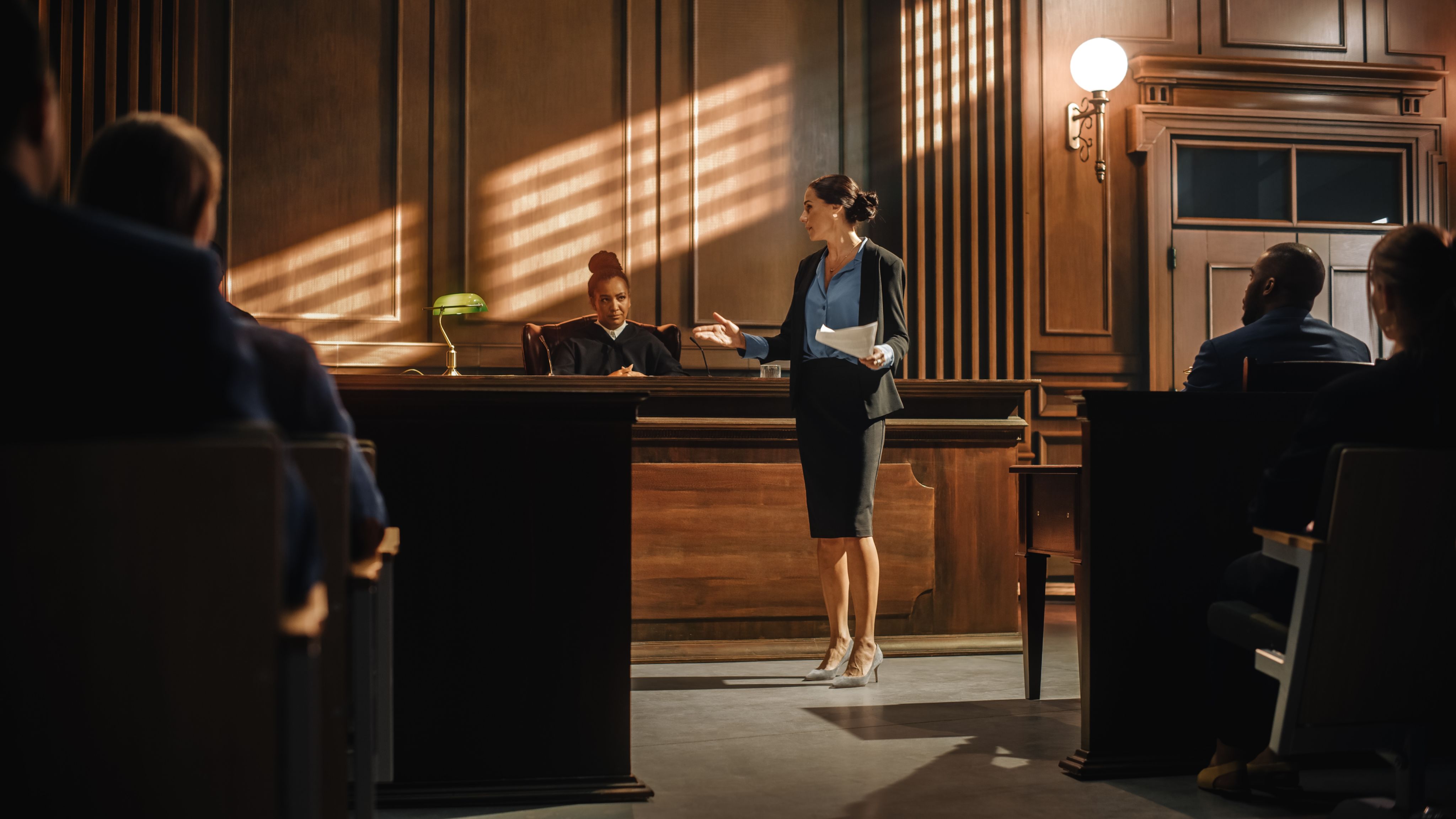Common Law Reasoning
Understanding the Foundation of Judicial Decision-Making

Common Law Reasoning is a subject which explores the components of the English legal system and the distinctiveness of the common law tradition, as a legal methodology and characteristics applicable to the civil and criminal justice system.
The justice system consists of the civil and criminal justice system. The civil justice system has jurisdiction over civil trials settling legal disputes such as contractual, tortious and family disputes. While the criminal justice system handles the administration of all criminal trials such as murder, rape, theft and fraud.
Let's take a closer look at:
The Criminal Justice Process
Criminal justice covers issues on pre-trial, the trial process, sentencing and appeals. Central to the criminal justice system is the presumption of innocence. The accused is presumed to be innocent until proven guilty according to the established rules of law and procedure.
All criminal trials are initiated by the State; and in the context of the English procedure, it is decided by the Crown Prosecution Service on behalf of the State. As such, the power of the State to prosecute the accused needs to be balanced with adequate protection of the accused.
The proper administration of criminal trials is important as it concerns the fundamental human rights of the accused under Article 6 of the European Convention of Human Rights (ECHR) and the rule of law. Therefore, how an accused is convicted or acquitted is crucial to ensure there is no miscarriage of justice that occurs which may cast doubt on the guilt of the accused.
Jury Trials
A jury trial consists of twelve ordinary persons randomly selected to participate in a criminal trial to determine if the accused is guilty of the crime charged. The jury is directed by the judge on matters of law and procedures and the jury then reaches a verdict after they deliberate in private at the end of the trial.
The value of the jury lies with the concept of a trial by one’s own peer, which gives the accused the benefit of being impartially tried by people of his peers as opposed to a single judge. Moreover, jury trials are reserved for serious or indictable offences so as to give the accused the benefit of the doubt.
The outcome of a jury trial is 50/50, which means the likelihood of an acquittal is higher for the accused in comparison to a trial by judge alone.
Problems with the Jury:
While the idea of a trial by one’s own peers is attractive to the accused, there are many concerns and criticisms about the use of juries.
One of the main problems is the high cost affecting the use of taxpayers’ money to run jury trials. In the landmark decision of R v Twomey (2009) EWCA Crim 1035, the cost of the trial was £25 million as a result of suspected jury tampering (where the jurors’ independence is compromised either through bribery or intimidation etc.), hung jury (where the jurors cannot reach a unanimous verdict) and the trial being halted and delayed due to the accused being ill.
A more recent concern about the use of juries is the use of the internet, by jurors, to research the case they are trying which undermines the fairness of the proceedings. Juries are only allowed to consider the evidences presented during trial in order to reach their final verdict. Relying on external unreliable information to reach a verdict is detrimental to the rights of the accused to be tried fairly.
There are also problems of juries failing to understand the facts and reaching a decision which is erroneous. Racism among the jurors is also a concern as there is no way of knowing the real reasons for the conviction due to jury deliberations being kept confidential. Only when there are reports of misconduct by other jurors would we know for certain that misconduct has occurred and this would enable the conviction to be quashed on appeal. If the misconduct is not reported, there is no strong evidence of the wrong-doing and the conviction of the accused stands.

Relevance of Common Law Reasoning
The preservation of justice and preventing miscarriages of justice will always be relevant at any point of time as long as the Rule of Law is respected in the legal system.
These standards of justice are not limited to the English legal system alone to adhere to, but legal systems in every jurisdiction. Therefore, if the use of juries will have an adverse effect on the fairness of the criminal trials, it may make more sense to abolish the institution of the jury altogether as many countries have done, including Malaysia.
Alternatively, more stringent safeguards can be placed to ensure that the integrity of the trial is preserved. The latter approach has been taken by the English legal system to retain the use of juries while introducing safeguards against problems like jury tampering, and introducing specific criminal offences for jurors who breached their duty.
Whether the accused is tried by a judge and jury, or by a single judge, the integrity of the trial must be protected by all means necessary to ensure the confidence of the public is maintained towards the criminal justice system.
